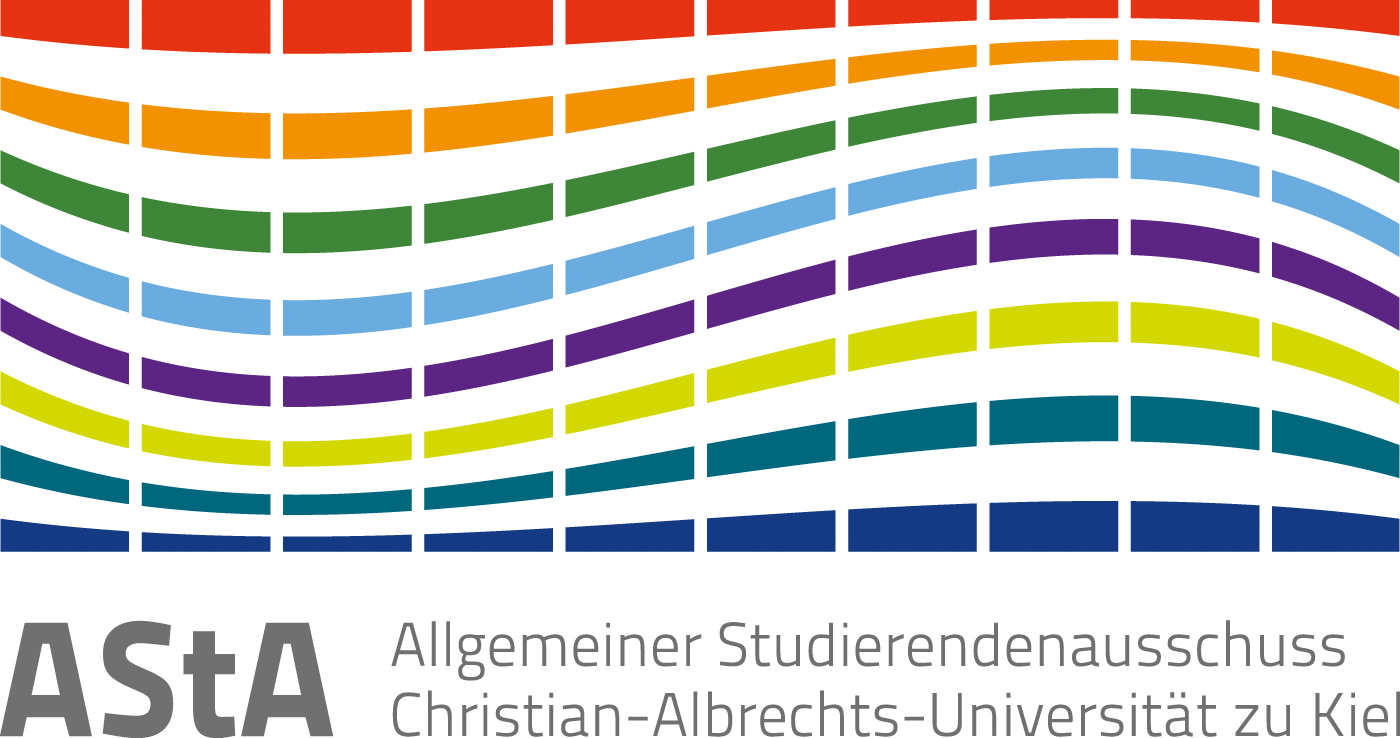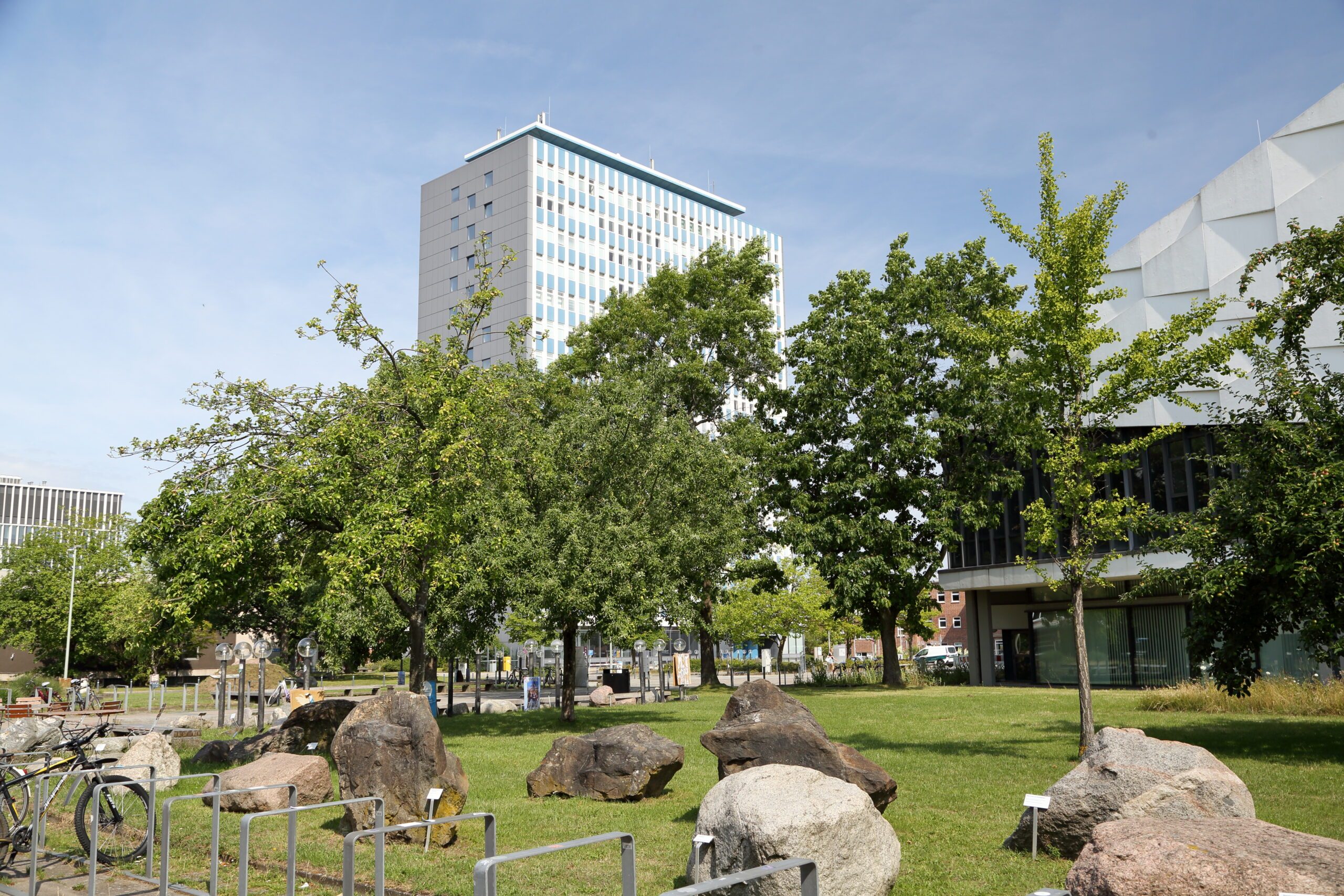This press release was published jointly by the State Student Council for Grammar Schools in Schleswig-Holstein and the AStA of Kiel University (CAU).
With the official start of the semester at Kiel University, thousands of young people are welcomed onto their academic paths each year. For us as the State Student Council, this moment is not just a ceremonial beginning, but also an occasion for a clear demand: educational equity must not end with the Abitur.
Even during their school years, many students struggle with financial burdens. The fact that these grow even larger when transitioning to university is an unacceptable situation. Administrative fees and other obstacles can be discouraging and jeopardize free access to education. This particularly disadvantages those who do not come from financially strong families.
“Reducing financial barriers must not end with the completion of school. Educational equity must apply throughout an entire academic career.”
It is our shared responsibility to ensure that no student is excluded from pursuing a degree after finishing school—whether Abitur or Fachabitur—due to financial constraints. True equal opportunity means enabling everyone to follow the full academic educational path, regardless of their parents’ financial means.
Equal opportunity must be secured throughout the entire education system. However, the potentially new administrative fees mean that students from low-income families will much more often face the question of whether they can afford to study at all. The already high costs of studying become even more unrealistic for large parts of the youth with every increase—no matter how “small”—in the semester fee. This exacerbates social inequalities, which are already a problem in secondary education.
Anyone who maintains or even introduces financial barriers today is indirectly deciding who will be allowed to study tomorrow. As the State Student Council, we see this as the wrong approach to the common good of education.
We therefore call for the rejection of the proposed new administrative fees and the consistent removal of all barriers that make access to higher education more difficult. Education is a fundamental right and must never become a question of cost.
An increase in semester fees would be particularly alarming for prospective teachers. Schleswig-Holstein has long been struggling with a severe teacher shortage that cannot be resolved without targeted support for teacher training programs. Administrative fees and other financial burdens further deter potential teaching students or force them to question their choice from a financial perspective. This threatens the quality and future of our education system twice over: on the one hand, schools lack new teachers; on the other, teacher training becomes a financial strain for many young people. If education policy is to be forward-thinking, we must address this issue and make access to teacher training more attractive—not more expensive.
Administrative fees represent not only a social issue, but also a structural one. At a time when federal states are competing for students, every additional hurdle weakens the attractiveness of Schleswig-Holstein as a place to study. Those who can choose between universities will opt for locations that offer fair conditions and a strong learning environment—not those that impose extra costs. Instead of burdening students with fees, the state should invest in better study conditions.
The responsibility for educational equity cannot be dismissed with reference to budget constraints. Education is an investment in the future of our society—not a cost factor to be minimized. We therefore appeal to the state government to stand for socially just and future-oriented higher education policy. Administrative fees that place additional burdens on students contradict the fundamental idea of educational equality. Only if we enable all young people—regardless of income—to access high-quality education can Schleswig-Holstein remain a state that opens opportunities rather than limiting them.
Eschel Ewert State Student Representative for Grammar Schools in Schleswig-Holstein
Image sources
- Foto von Stühlen auf Schultischen in einem Klassenraum: Foto von Pexels.com







